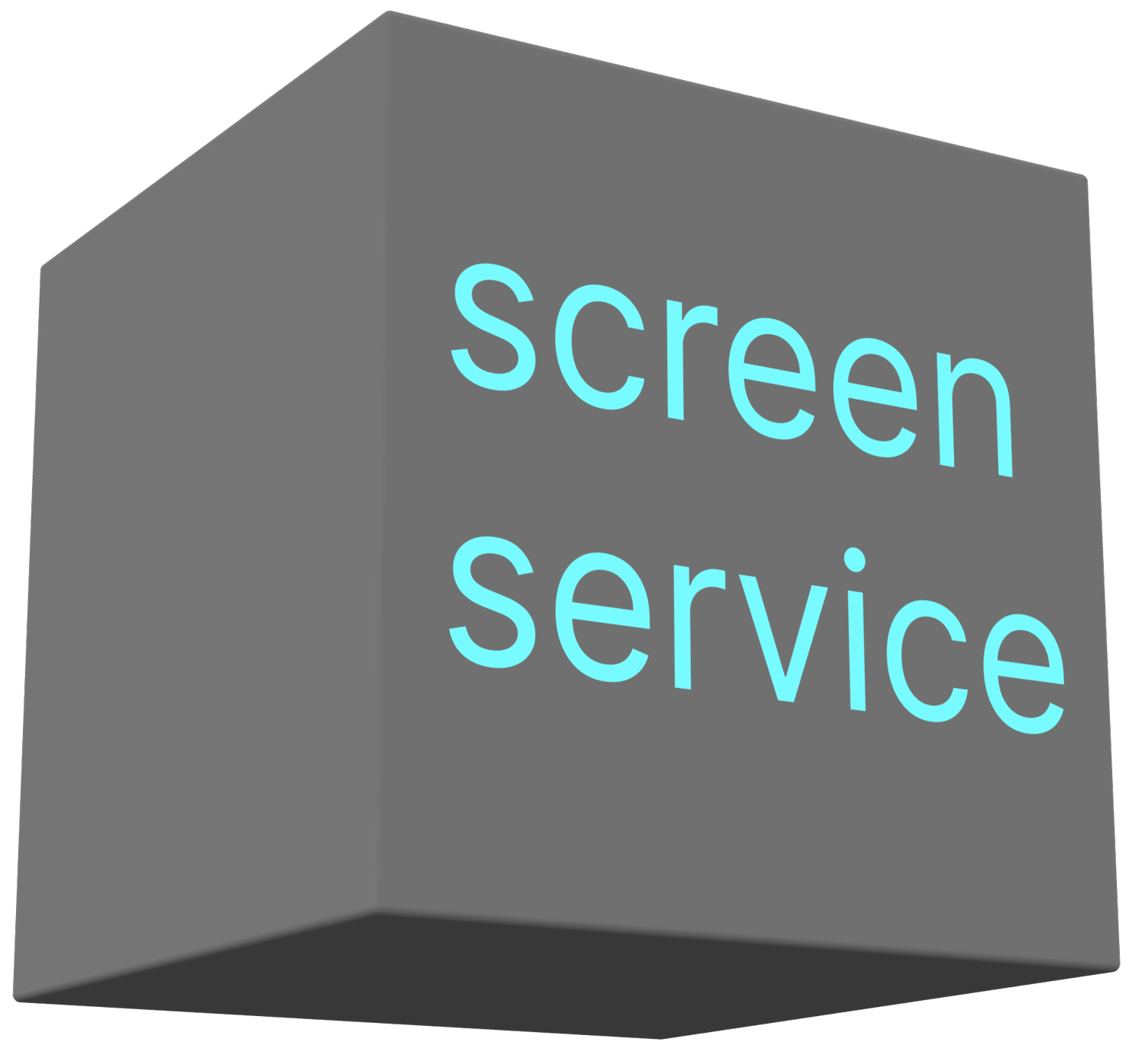
The Collision Project is an initiative by screen service that facilitates collaborative pairings between early career artists. It celebrates the open-ended, playful and process-driven experimentation of artists working in tandem. Two pairs were carefully curated from an open-call, matched based on thoughtful commonalities and exciting divergences. The pairs undertook a remote collaboration over twelve weeks. They did not know each other before this process.
An online exhibition was held to facilitate their collaborative outcomes. Both pairs created web installations.
Online exhibition: May 9th - August 22nd, 2024
In-person event: May 16th, 7.30 pm @ Unit 44, Dublin
-
-
The Collision Project 2024 culminates with our two pairs extending the spirit of their collaborations towards us. They have each generated warm collaborative energy, reflective of shared knowledge and resources, and propelled by the motivation of responding to each other. The pairs indulged in dual investigations into connection, technology and that which moulds us. There is a general consideration of how to exist in the world in various slants, be that as a person, an artist, or as someone seeking connection online.
Questioning, critiquing, playing!
This project functioned over twelve weeks of regular, busy life. The pairs found time to virtually meet and build a collaborative infrastructure: listening, exchanging, organising and making decisions. Both pairs brought physicality to their remote collaborations, and reached through the screen to formulate wider pictures of their dualities, surroundings, and shared interests.
‘Back of the class’ style scribbled notes, quick snapshots, intuitive observations, back and forth of facts, feelings, thoughts, and surprises.
Humour, kindness, and loose approaches to making-processes lend space for quick connecting, understanding and discovery.
Jump in!
awkward attachments
What happens if we approach worlds not as the dead or reeling effects of distant systems but as lived affects with tempos, sensory knowledges, orientations, transmutations, habits, rogue force fields ... ? What might we do with the proliferation of little worlds of all kinds that form up around conditions, practices, manias, pacings, scenes of absorption, styles of living, forms of attachment (or detachment), identities, and imaginaries, or some publicly circulating strategy for self-transformation?
Kathleen Stewart, ‘Atmospheric Attunements’, Environment and Planning D: Society and Space 2011, volume 29, pages 445 - 453
awkward attachments is a collaborative research project by Leda Scully + Lily O’Shea which explores the complex and often contradictory ways in which people, objects, and ideas are interconnected in everyday life. The attachments we form are not always straightforward or seamless; instead, they can be messy, uncomfortable, full of tensions we may or not be aware of. They can reveal a lot about social dynamics, power structures, and the ways in which we navigate our everyday lives; forming habits, subcultures, building consensus, or not.
This work stems from conversations around the awkward attachments Leda + Lily have formed under late-stage capitalism. Among these attachments are a fixation on productivity, a tendency to prioritize the future over the present, and grappling with the inherent awkwardness of being an artist. Through confessional storytelling and critical analysis, the work is both anecdotal and speculative, an ongoing dialogue drawing connections between personal aspirations and systemic constraints. The work looks towards escapism as the antidote to late-stage capitalism, advocating for delusional thinking, intense friendships and radical rest.
Leda Scully and Lily O’Shea, based in Dublin and Cork respectively, began collaborating twelve weeks ago following their selection through screen service’s Open Call. awkward attachments is the result of their research. Ledas' practice is weighted towards painting and explores memory, affect, and world building, while Lily’s work uses sculpture and writing to delve into the politics of labour and the home. In awkward attachments they looked at the messy and sometimes odd connections that shape our everyday experiences and interactions. Their research delves into the impact of late-stage capitalism on artists' experiences and the role of affect in shaping societal dynamics. Personal world-building, character creation and humour are central to their collaborative process, as they explore alternative ways of resisting systemic constraints.
Transparent Loops
Through collaborative note-booking, postal exchange, analogue photography and online conversation, Transparent Loops is a playful exploration of the intersection between physical and digital intimacy, the poetry of machine language, and the challenges of communicating via the digital realm. Transparent loops gives form to notes from a dual-diary, this site is a depository for commonalities and divergences in research interests shared between London and Dublin.
Holly Pickering and Djuna O’Neill are both visual artists from Ireland. Holly’s practice moves between the mediums of film, publication, text and sculptural installation. Her practice interrogates how the subtle behaviours and nuances that unfold within social interactions might speak to how larger power structures attempt to maintain a shared sense of reality, and influence how we navigate ourselves throughout the world. Her practice considers alternate ways of communicating in a globalised age, where language is increasingly overwhelmed by continuous influxes of information. Djuna works across text, digital mediums and mixed media sculpture. Her current work draws on themes of Irish folklore, concepts of world building found in gaming environments and science fiction, and the hauntological as a tool for exhuming untold stories and building future imaginaries. Together Holly and Djuna have spent time reflecting on ideas surrounding communication, gesture, touch, and distance. Their collaboration is fused by mixing analogue with digital, blurring physicality with virtuality, and considering what's missing between the body and the screen.
-
We held a successful event for The Collision Project on Thursday, May 16th, at 7.30 pm @ Unit 44, Dublin.
At Unit 44, the curators and artists of The Collision Project spoke about the project in person for the first time, sharing some physical elements of works, and extending this virtual collaborative project into reality for one night only!
The Collision Project was curated (collaboratively) by Ellen O’Connor, Bronagh Gallagher, Olivia Normile and Alex Keatinge.
This project was funded by Rethink Ireland, 2024.
We would like to thank Unit 44 for so graciously hosting our in-person event.














